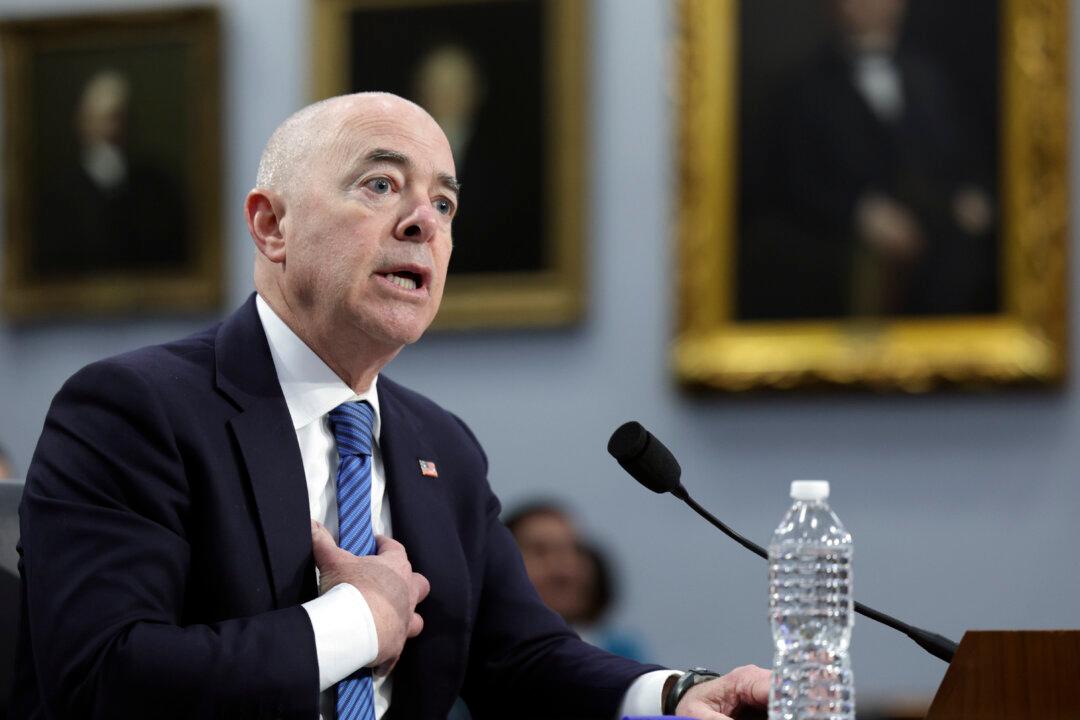Alejandro Mayorkas, Secretary of the Department of Homeland Security (DHS), has admitted that he fared poorly in communicating the purpose of the department’s newly created Disinformation Governance Board, which critics have lambasted as a threat to free speech.
The board has been created to address disinformation which poses a “security threat to the homeland,” Mayorkas said in a recent interview with Fox News. Such disinformation comes from countries like China, Iran, and Russia and also from the cartels. The board’s work will not infringe on free speech, civil liberties, or civil rights, he stressed.





